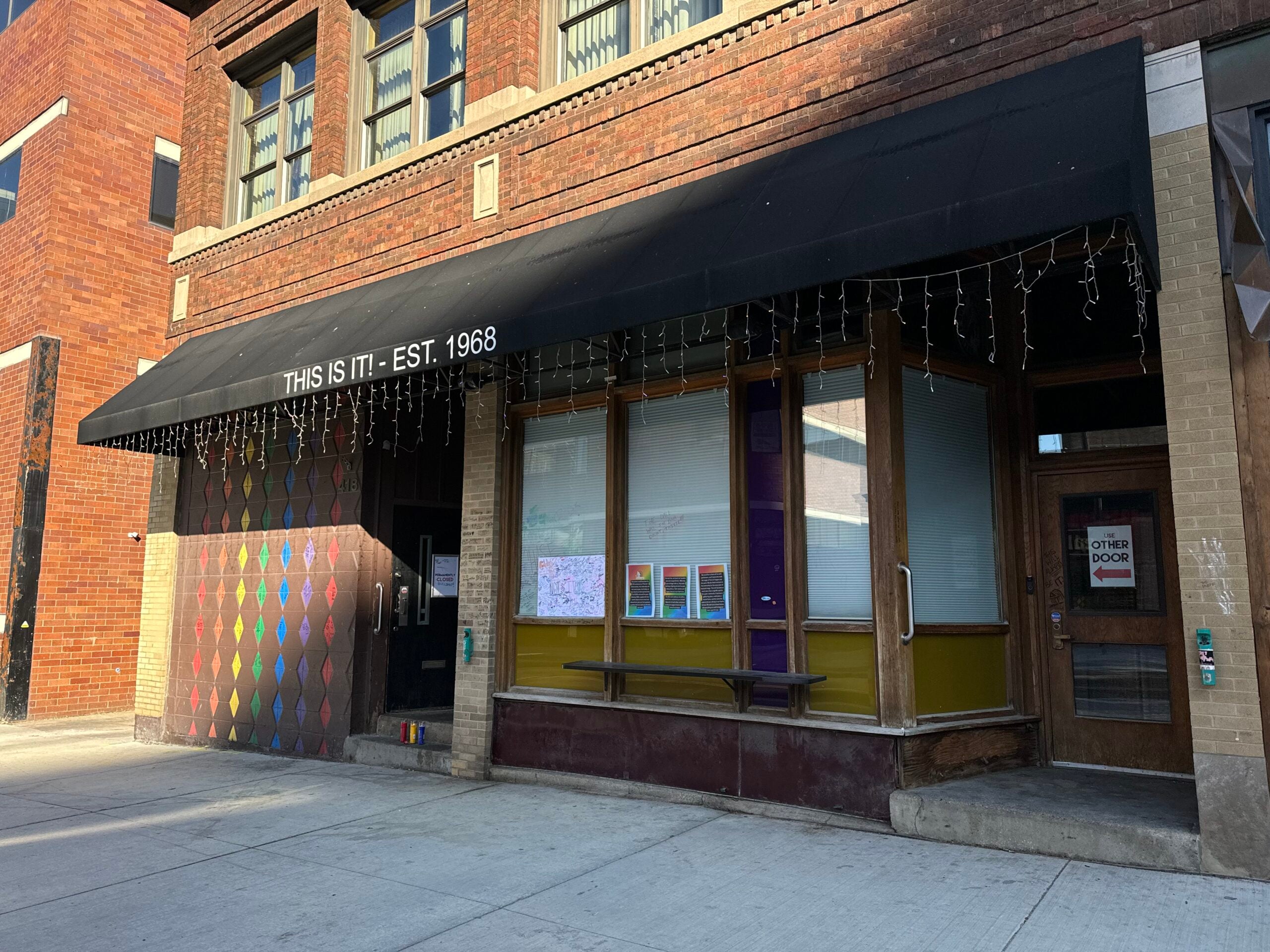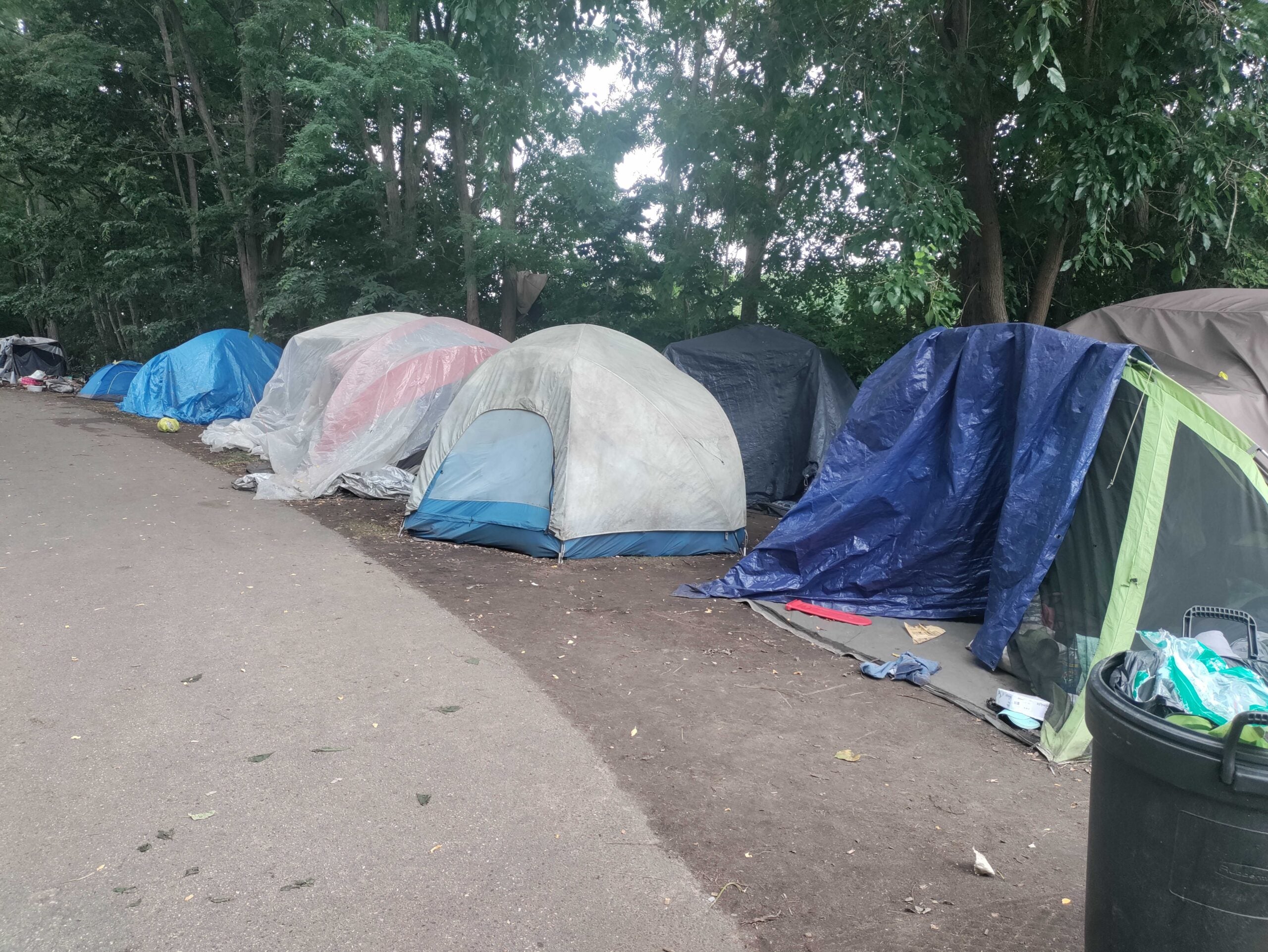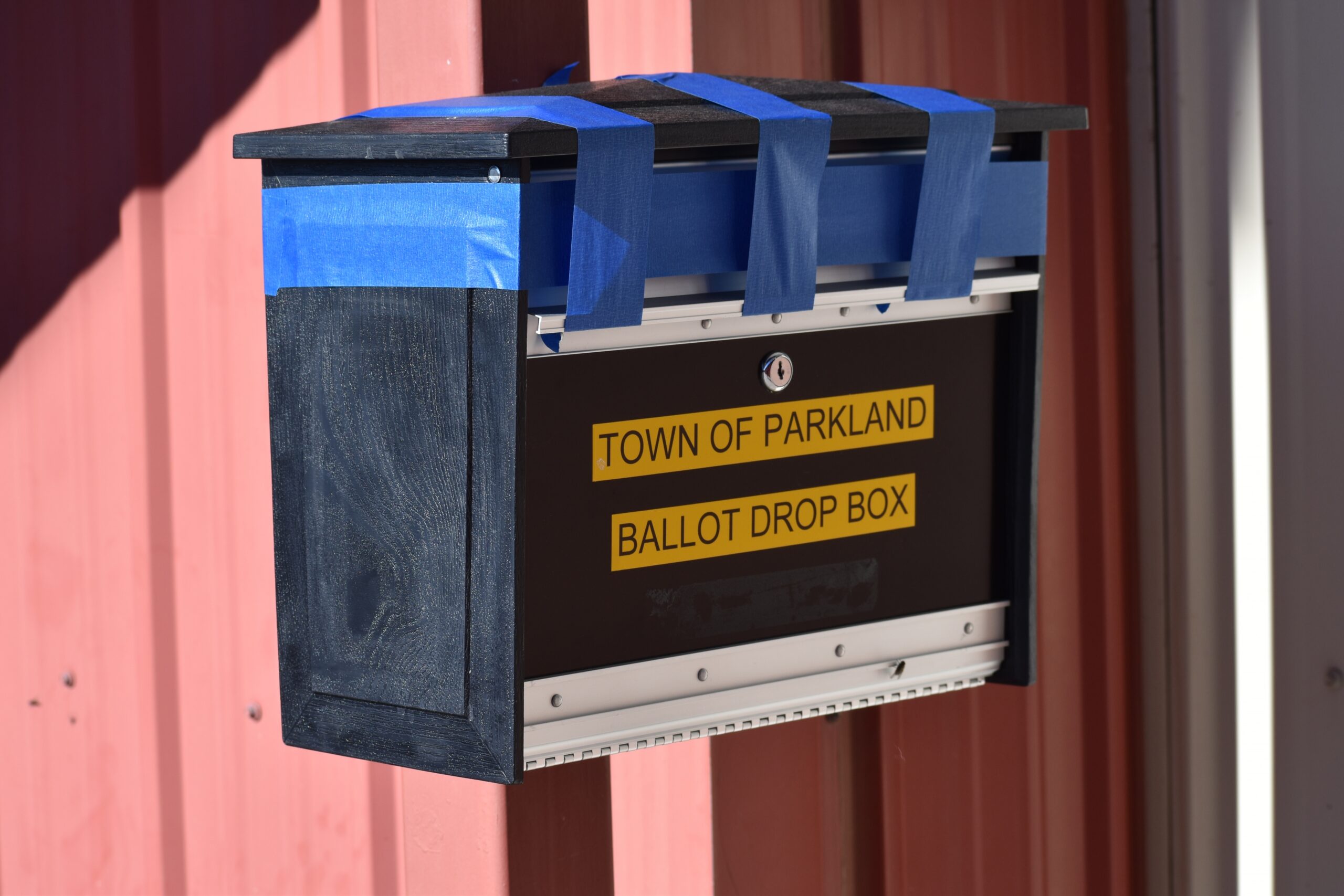The city of Brookfield is the latest municipality to change its ordinance regarding where convicted sex offenders can live.
Earlier this month, the city council repealed and recreated its sex offender ordinance to allow sex offenders to reside in 24 percent of the city. Before the change, sex offenders were only permitted to live in 7.5 percent of the city.
Jenna Merten, Brookfield city attorney, said the change will protect the city from future lawsuits.
Stay informed on the latest news
Sign up for WPR’s email newsletter.
“If we didn’t take this action, our ordinance would be unenforceable and sex offenders could live anywhere,” Merten said.
Dozens of municipalities, including Milwaukee, Waukesha and West Allis, have expanded the areas where convicted sex offenders can reside after they’re released from prison.
The changes were made following a federal court case in Pleasant Prairie, where a judge found the village’s ordinance violated the equal protection clause of the United States Constitution.
At the time, 90 percent of Pleasant Prairie was off-limits to offenders. The allowable area for residence was also mostly non-residential. After the lawsuit was filed, Pleasant Prairie amended its ordinance to allow offenders to live in areas comprising of 25 percent of its residential area.
Some cities, like Madison, don’t have a sex offender residency ordinance.
Adam Stephens, Milwaukee deputy city attorney, said the city became a hot spot for sex offenders before it adopted an ordinance for sex offenders.
But after the Pleasant Prairie lawsuit, the city loosened its ordinance to give convicted sex offenders more options. Stephens said state legislation would prevent one community from becoming a “dumping ground,” and put everyone on the same, level playing field.
The only statewide ordinance is for sex offenders identified as sexual predators. About five to 10 sexual predators are released statewide annually, Stephens said. Upon release, they’re given very strict guidelines on where they can live.
“There just doesn’t seem to be much political will, but from a public safety point of view, I think it is very important (to have a statewide ordinance),” Stephens said.
For years, former state Rep. Joel Kleefisch, R-Oconomowoc, tried, and failed, to enact a statewide law regulating sex offender residency.
At the time, Kleefisch said he failed because local municipalities lobbied to keep their ability to regulate sex offenders and to uphold local control instead of statewide mandates.
The state Department of Corrections did not respond to questions about creating a statewide ordinance.
Curt Witynski, deputy director of the League of Wisconsin Municipalities, said the group sees merit in a statewide approach to regulating the location of sex offenders released into the community after serving their sentence.
However, Witynski said the topic “is like touching a live wire for legislators and local elected officials.”
Wisconsin Public Radio, © Copyright 2025, Board of Regents of the University of Wisconsin System and Wisconsin Educational Communications Board.





